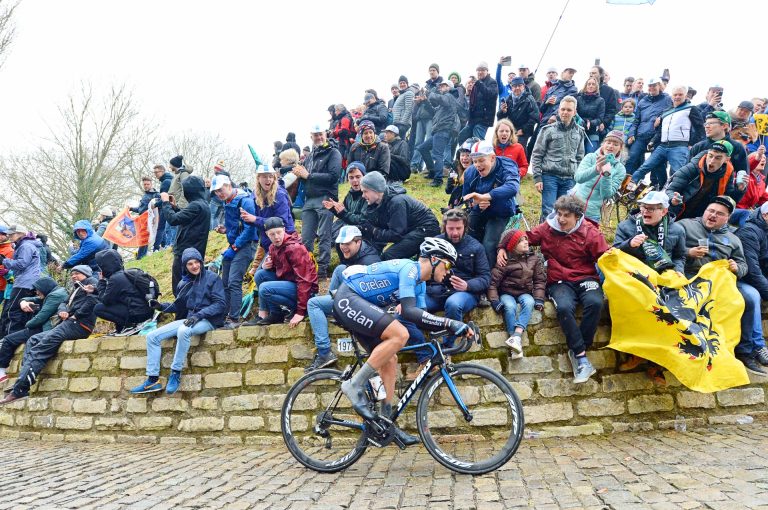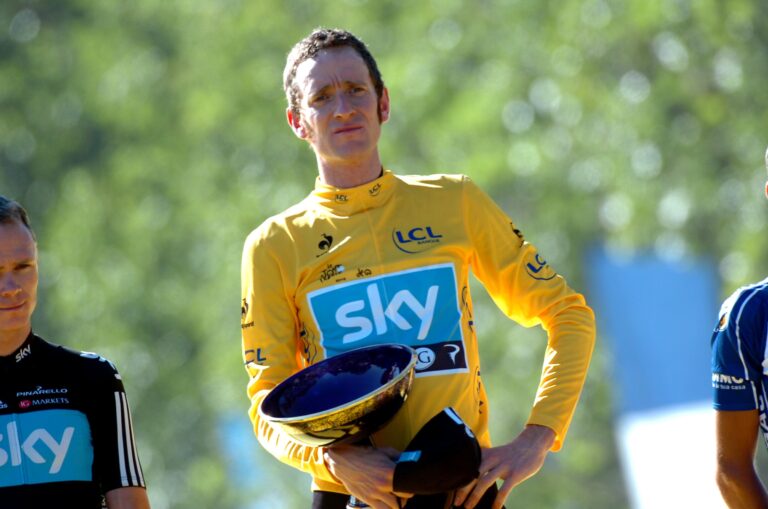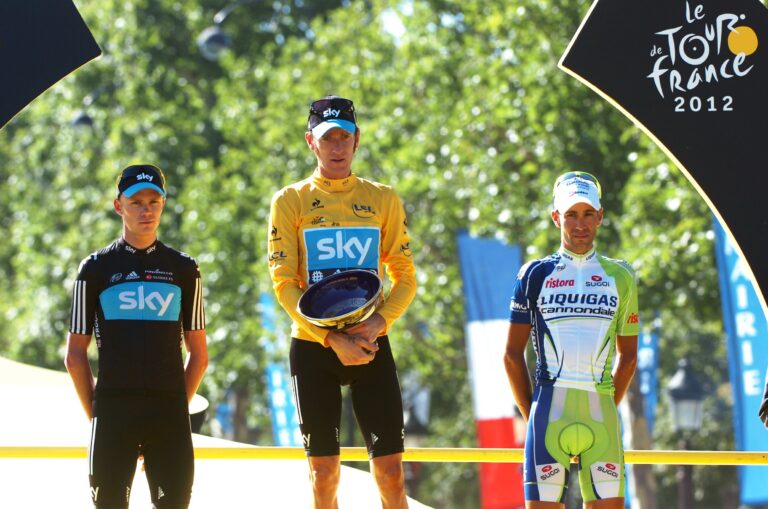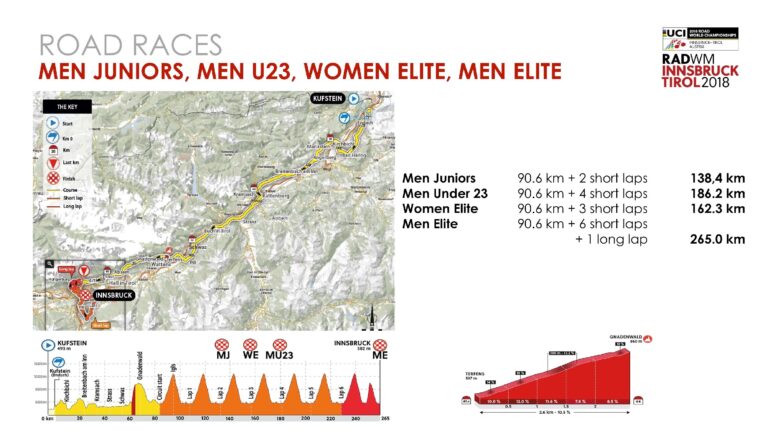“I’m at that stage everyone gets to before a major event now, I’m just ready to go out there and get it underway.”
On Saturday Dame Sarah Storey will become the first woman to tackle the UCI Hour Record since cycling’s governing body revamped the rules for the event last year.
After a string of efforts from male riders, with Jens Voigt, Matthias Brandle and now Rohan Dennis taking turns to own the record, and Thomas Dekker tonight attempt to take it off the Australian, Storey will seek to break the women’s mark in London this weekend.
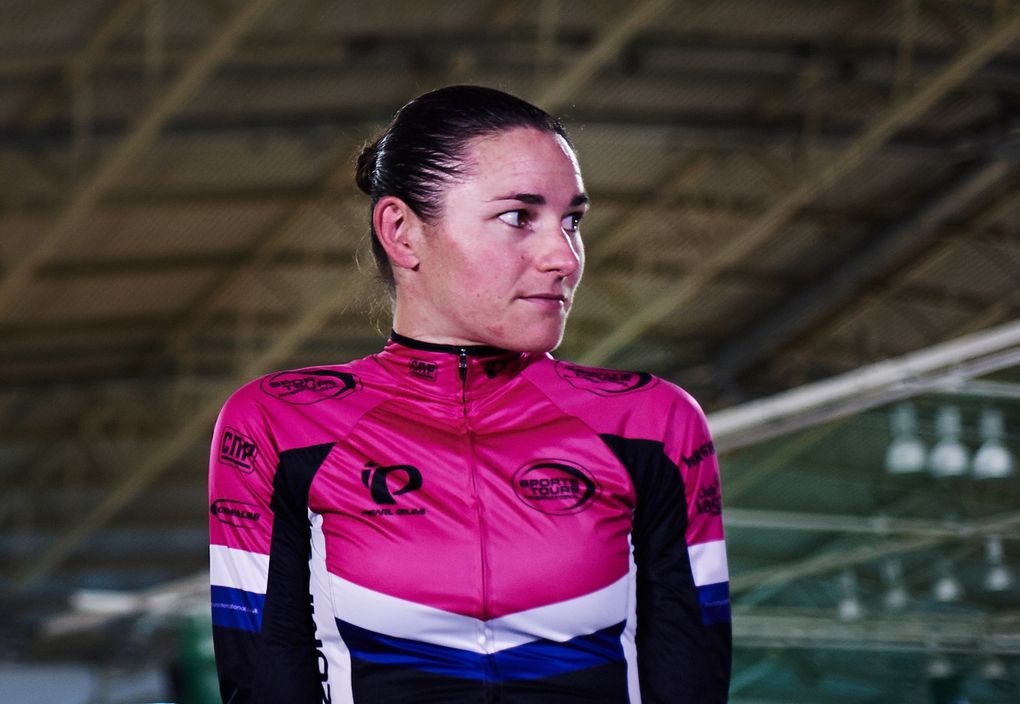
Storey’s bid will come as part of round five of the 2014/15 Revolution Series and the 37-year-old will return to the Lee Valley VeloPark, where at London 2012 she added two track gold medals to a CV which now includes 11 Olympic titles, first in swimming and now cycling.
Britain’s most decorated Paralympian will attempt to add another prize to a CV packed with medals from first swimming and, more recently, on the bike.
And the 37-year-old is raring to go for her latest challenge, which starts at 3pm on Saturday (February 28) and is to be broadcast live at http://tv.uci.ch.
So how exactly do you prepare for the unique challenge the hour record presents? Salford-born Storey gave us an insight.
Road miles
Starting with a big block of road training, for endurance, before hitting the track, Storey believes her preparations have actually followed a similar path to her normal training.
It’s the same sort of training principles for any event but obviously I’ll be doing it over a much longer period. I’m just trying to go faster than the pace I need to go on the day.
“It’s the same sort of principles for any event but obviously I’ll be doing it over a much longer period,” she explained.
“My training’s been gradually decreasing since I returned from Lanzarote two weeks ago. I’ve been doing a few more intense efforts, trying to simulate the sort of fatigue that will undoubtedly occur – hopefully in the second part of the hour.
“Otherwise I’m just trying to go faster (in training) than the pace I need to go, working harder than I’ll need to on the day.
“To prepare to do it for an hour, I’ve been doing a lot of longer efforts, big rides on my own or using the motorbike or intervals over 20-25 minutes blocks.
“They are much longer efforts than I would normally do for a track event but with a similar principle of progressing beyond the actual pace to, hopefully, make the actual pace feel more comfortable.”
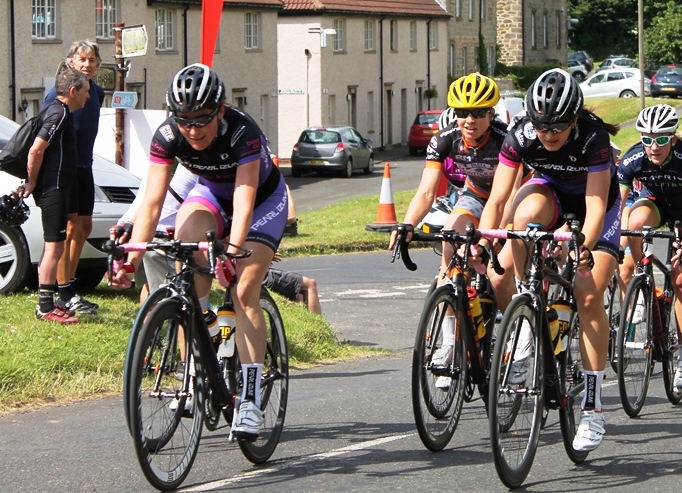
February is an ideal time to prepare for the hour record for Storey, too, as she explains – with the Para Cycling World Championships still four weeks away.
It means incorporating the extra efforts into her training has been easy to manage – and will still allow plenty of time to hone her speed as she bids to add to the nine gold medals she already boasts from the track worlds.
For Storey that means much of her work has been done on the road – as is customary for track cyclists.
She adds: “Most of the work you need to do to get fit for the track is on the road anyway. You wouldn’t spend a whole winter on the track anyway, even if you were purely just a trackie.
“You need to spend a lot of time working on the road and making sure you get a lot of road miles under your belt, before using the track just to polish it all off.
“I think the main difference between this and my normal training is that I’m doing the longer efforts but, even as a pursuiter, at this time of year you would be doing lots of big road miles to get the endurance in the bank that you will need to call upon.
“You need the basic conditioning work on which to then build up that speed and power, so the work I’ve done is very similar to the work I would have done normally. The only real difference is that I’ve not added any speed work in yet.
“That will come next week once the hour is done and I can get back on the motorbike and start to bring my leg speed back up again.”
Preparing for the Hour Record, however, is not just about physical ability – something Storey is all too aware of.
She agreed to take on the challenge after physiological tests beforehand suggested she was capable of riding at the requisite pace.
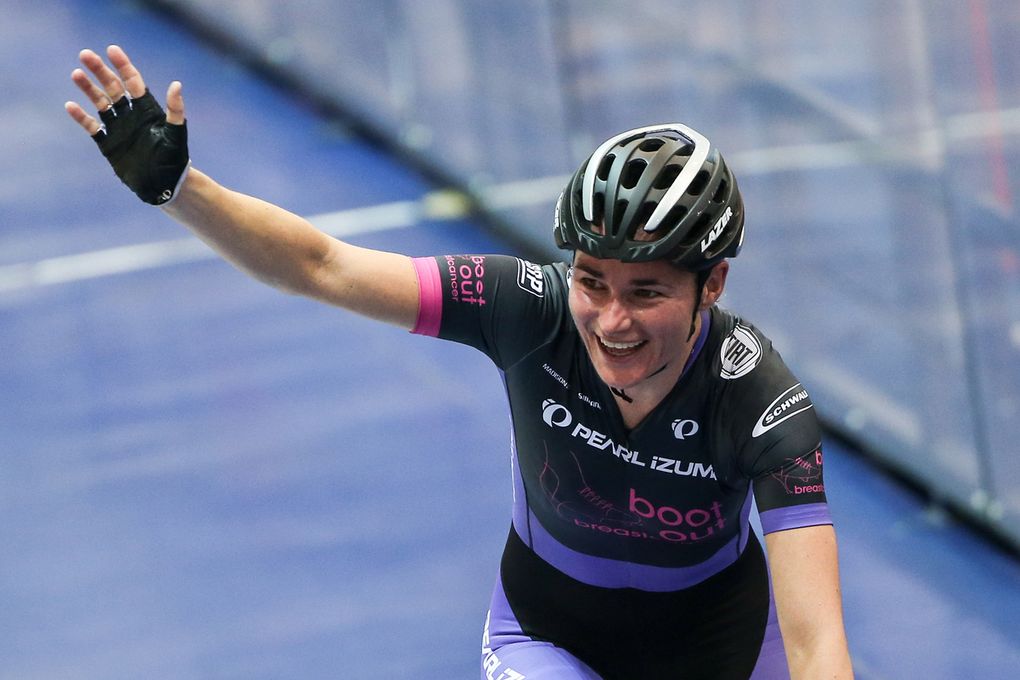
But she admits the psychological test is as daunting – if not more so – than the physical demands of riding the hour.
Psychological challenge
“I think the most daunting part is just going to be holding that position and you literally are on the tri bar for the full hour.
“You are not going around corners or roundabouts, as you would over an hour on the road, there is nothing to break it up. It is literally just lap after lap after lap after lap after lap and I think that’s the most daunting thing – trying not to look at the lap board too much and trying not to think about how long you have been doing it.
“Part of the challenge is the psychological challenge. It’s a daunting physical test but ultimately I’ve done much longer daunting physical tests before. It’s not the length of time, it’s just the situation you are going to be in will be psychologically quite daunting.”
Preparing to hold that position is another daunting prospect, but Storey says she has the core strength from her swimming days to stand her in good stead.
It’s not the length of time that’s daunting, it’s just the situation you are going to be in will be psychologically quite daunting.
She is also not one for gym work, preferring instead to maximise her time on the bike to build up her strength and conditioning.
She explained: “There is a place for core work, but the time you spend away from the bike is time you could be spending pedalling and spending time being more efficient. I do all my work on the bike. My strength work is done on the bike, my core work is done on the bike.
“I do everything on the bike. My core strength is actually good from my days in the swimming pool when a lot of gym work was necessary (in the pool, you have no fixed surface to press against).
“On the bike you have that machine you are working with, and you need to be at one with that machine. For that reason, to me, gym work and work away from the bike is not as helpful as actually being on the bike.”
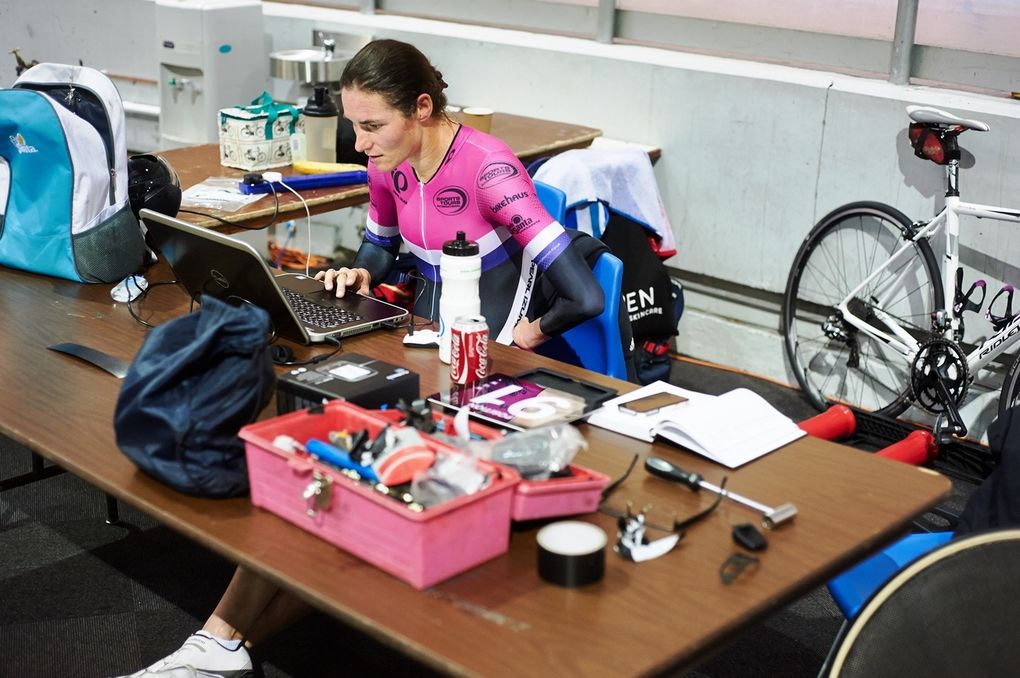
Another major issue with the hour record, as Bobridge found to his cost, is discipline and being able to pace your effort.
The Australian, who had looked a shoo-in for the record after proving he was in great shape at the Tour Down Under, went far too quickly early on and paid the ultimate price for it.
Pacing is vital
Storey calls for a ‘flat-line approach’ to the pacing – which if she wants to break Leontien Zijlaard-Van Moorsel’s 46.065km mark means maintaining a lap time of better than 19.5 seconds, for more than 184 laps.
“That’s one of the main differences between the training I’ve done on the track compared to what I would usually do – finding the pace on the right gear at the right cadence and that being in the realms of the power I can put out for an hour,” she said.
Pacing is really important. You need a flat line approach to the pace.
“The pacing I originally chose was something I knew I could maintain for an hour. I’ve chosen a gear and a cadence that I think I can achieve. That pace has been easy to get on to because I’ve got a really good pacing brain I suppose.
“Pacing is really important. You do need a flat line approach to the pace. You can’t go out hard, get to the record and then hang on. It is a full hour and you need to make sure you can ride for that full hour.”
Other challenges for Storey include fuelling – with family life, and raising her 20-month-old daughter Louisa Marie, meaning a strict diet in the build-up to the event can be hard to follow.
Storey is fully prepared for what fuelling on the day – and in these days leading up to the challenge will entail, however.
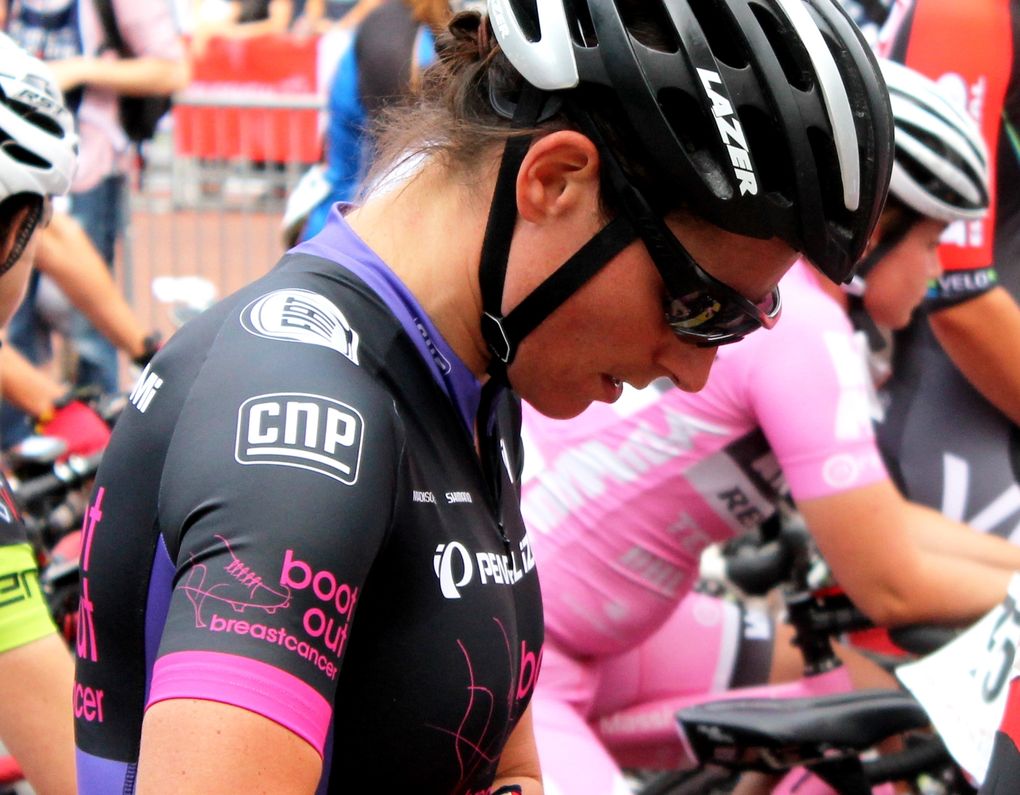
She said: “[You need to] build up your glycogen stores and make sure you’re almost hyper-hydrated so you have plenty of fluid in your body to call upon.
“It’s a balance between being dehydrated and being unable to move because you’ve got a stomach full of fluid. You need to be hydrated enough that it will last for as close to the hour as possible.
“It is going to be a challenge from a nutrition perspective. Your body will become dehydrated during the time and it’s just being able to cope like that. It’s fairly familiar though really, the principles of eating well are the same regardless of the event.”
With training and fuelling planned and sorted, then, all that remains for Storey is getting to the start line and riding.
While she is raring to go with the ride, however, beyond that she is not allowing herself to think of what conquering the hour would mean.
“I’ve no idea where it would rank in my career to be honest,” she concluded. “I’m just concentrating on getting to the start line in the best possible condition I can, and hopefully all those things, the what ifs and the wherefores will be something I can reflect on come Sunday.”
Dame Sarah Storey’s attempt at the prestigious hour record is part of a full weekend of elite racing at the Revolution Series over 27/28 February, with tickets ranging from £10 to £45 and available to buy at cyclingrevolution.com or by calling 0844 854 2016.
